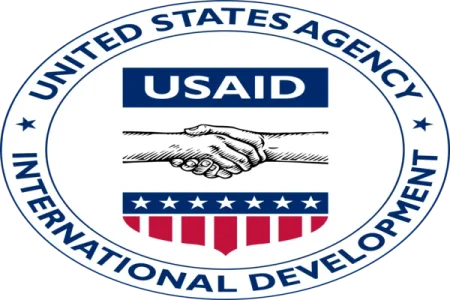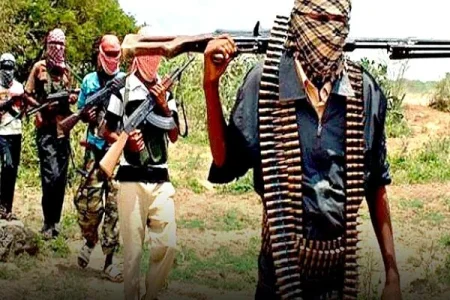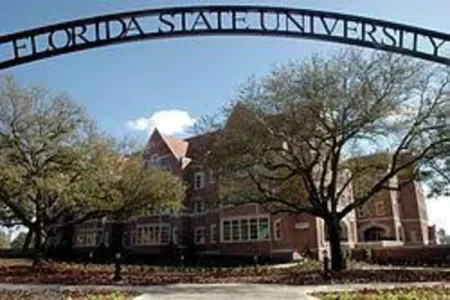
Widespread clinic closures across Nigeria and other African nations have followed major USAID funding cuts by the U.S. government. Health workers warn of rising deaths and disease outbreaks as drug shortages mount and vital medical programs collapse, particularly in rural and conflict-affected regions lacking alternative support systems.
A wave of health facility closures has swept across parts of Africa, including Nigeria, after the United States significantly reduced its foreign aid through USAID, leaving vulnerable populations without access to essential care.
In northeastern Nigeria’s Borno State—an area already ravaged by conflict—clinics that once served hundreds daily have now gone dark. Healthcare workers like Adamu Ibrahim, recently laid off, say they’ve watched critical services vanish overnight. “We no longer have free medicines, mosquito nets, or places for people to seek basic help,” he said.
The funding cutbacks are part of broader U.S. foreign aid reductions under President Donald Trump’s administration. The resulting fallout has disrupted interconnected health systems built on years of international collaboration, with nonprofits, local governments, and the private sector all affected.
In Mali, crucial medications sit idle as distribution networks falter. In South Sudan, some children have died while traveling long distances in search of cholera treatment after nearby USAID-supported clinics shut down. Kenya’s Kakuma refugee camp has seen protests erupt as medical supplies dwindle.
Experts warn the full impact of these cuts will intensify as the rainy season approaches, increasing the spread of diseases like malaria. “It’s not the wealthy that will suffer—it’s the rural poor who can’t afford alternatives,” said Lawrence Barat, a former U.S. health advisor.
With gaps widening across the continent, aid organizations are scrambling to fill them, but many fear this crisis has only just begun.



